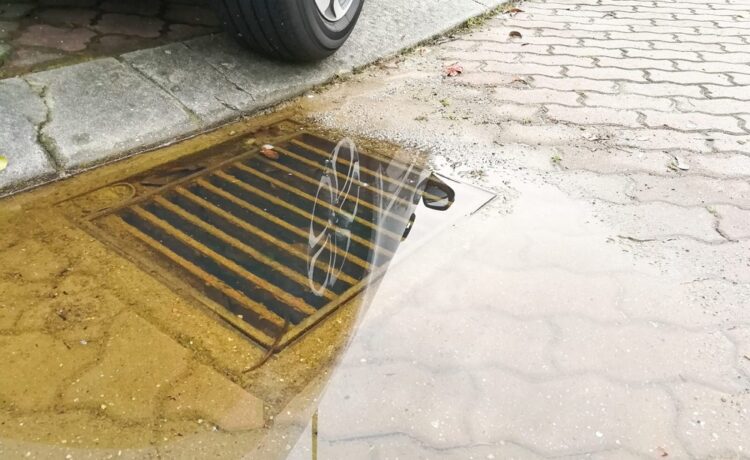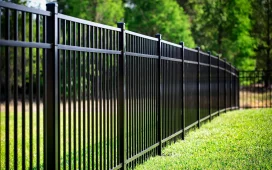Water drains clogged or obstructed cause a lot of discomfort in the home and are also filthy. There are numerous reasons for clogged drains, ranging from foreign things that can go down the drain to the significant buildup of Grease and filth.
You may adequately unclog the drain by understanding the primary cause of a clogged water line. If you are unable to unclog the drains you should call professionals from bracknell drainage services. This article will explain some of the typical causes of blocked drains.
Why Drains Get Clogged
● Accumulation Of Grease
It’s typical for Grease to accumulate in the kitchen sink. Grease that has been flushed down the drain or sink cools and hardens, clogging it. For this reason, pouring oil down the drain or sink is never advised.
● Dirt And Shrubs Fall Into The Drainage
Your drains may become clogged by plants and debris that grow below your drain as they look for water. During your garden clean-up, blockages from plants and dirt may also happen since leaves may easily fall into gutters.
● Growth Of Hair
Drains can become clogged with hair. Although this is a typical issue, you may quickly resolve the obstruction right away by removing the hair with a clothesline wire. Invest some time in learning how to clear a hair-clogged shower drain because this is a typical issue that clogs the inner and exterior drain.
● Toiletries Blocks The Flow
You cause significant problems for the sewers and drains when you dispose of toiletries down the drain. Diapers are frequently thrown down the bathroom drains. Once you throw personal products in the gutters, it takes moisture, grows more extensive, and obstructs drainage and water movement in pipes.
● Leaking Pipes Deteriorate Drainage
Over time, water pipelines often deteriorate. In contrast to pipes in good condition, a water pipe with cracks is more prone to obstruction.
● Inadequate Water Flow
A buildup of dissolved water minerals might result from poor water drainage. Over time, the minerals and silt accumulate, clogging some of your drains. It would help if you thus cleared up sediments before they resulted in a significant obstruction in your system and learned what tremendous and inadequate down-the-drain water flow signifies.
Therefore, it is advisable to investigate the root of the problem when your drain is clogged. The appropriate technique to unclog an outside drain will be available to you. Even after thorough investigation finding the right way to unclog the drain seems difficult , call the unblock drains molesey for professional assistance. Here are some of the most effective methods for reestablishing water flow in your drain.
Rapid Solutions To Unclog A Drain
● Vinegar And Baking Soda
You may unclog drains with vinegar and baking soda, both reliable solutions. Only 1/3 cup of each cleaning has to be combined with the other, and after it begins to fizz, the mixture should be poured down a clogged outdoor drain. Let the mixture rest for at least two hours for optimum effects.
● Boiling Water
To unclog a drain, pour boiling water down it. Water will flow via the subsurface downpipe, dissolving any grease or blockages as it passes through the drain. As you discover how to unclog a drain, you should know the most straightforward and quickest method.
● Sanitize The Pipe
Cleaning your pipes is a cutting-edge yet efficient way to unclog a drain. It would be best if you merely slid a blocked wash basin under the sink’s U-shaped pipe. Slip nuts and the line can be removed using a wrench to pry them away. Place all the contents in the basin below, rinse the pipe with warm, clean water, and then repair it.
● Baking Soda And Salt
You may learn to unclog a drain using baking soda and salt without rods. Pour a half-cup mixture of salt and baking soda down the drain. A significant obstruction in a wastewater pipe may be the cause of your toilet’s recurrent stoppage. Therefore, using salt and baking soda is the perfect treatment to help you remove the dirtiest or most difficult obstructions.














